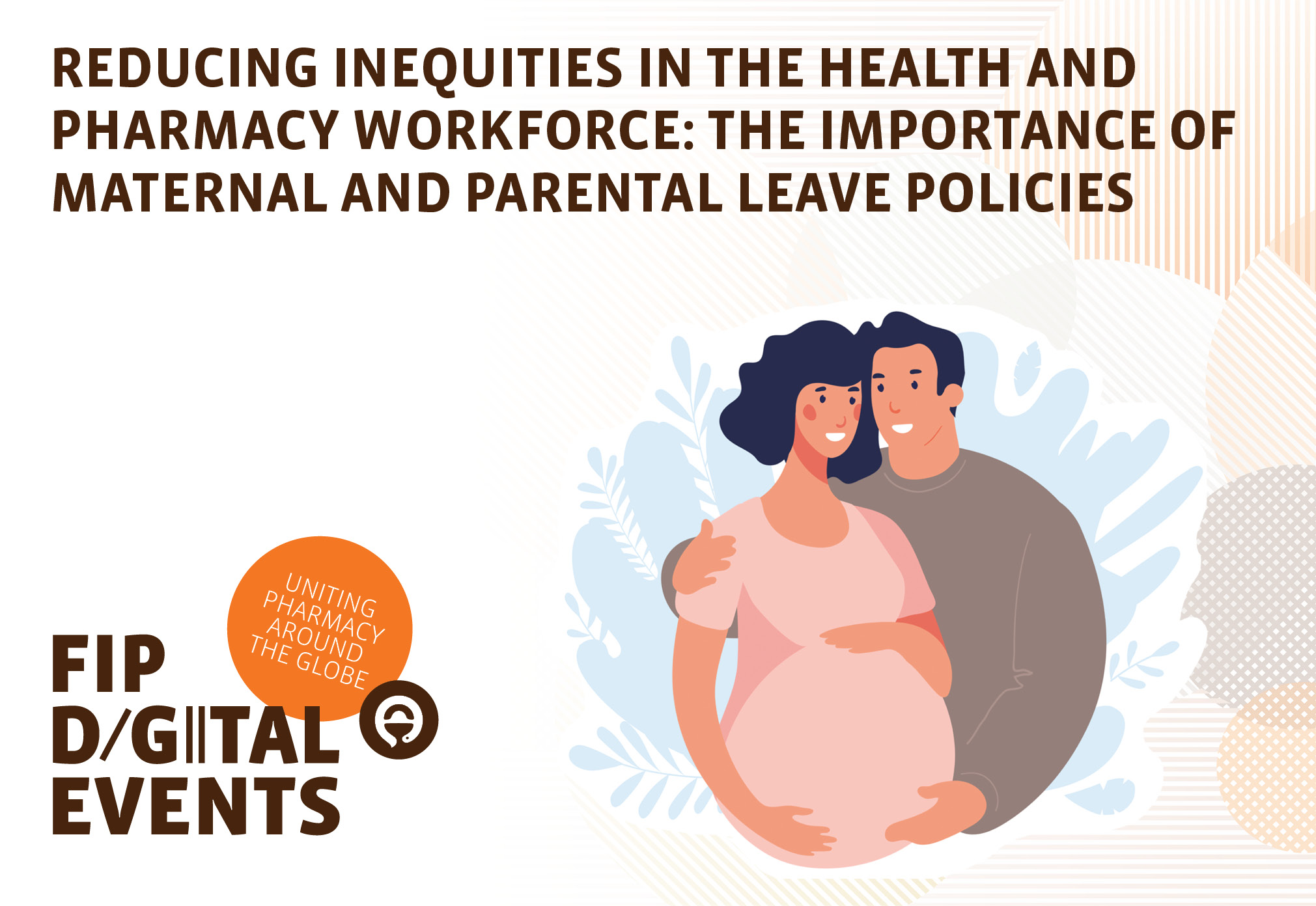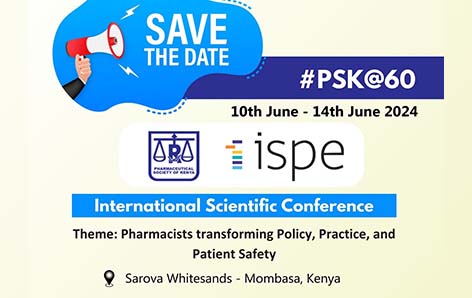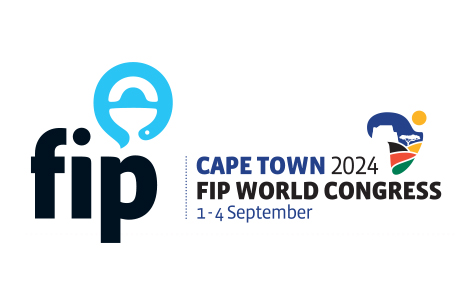FIP makes it a priority to publish the latest developments in pharmacy practice, pharmaceutical sciences, related global news and prominent events. Our multi-media approach to keeping members, partners and peers informed of what is and will be affecting their area of practice or science is key to keeping information flowing through the FIP network.
FIP makes it a priority to publish the latest developments in pharmacy practice, pharmaceutical sciences, related global news and prominent events. Our multi-media approach to keeping members, partners and peers informed of what is and will be affecting their area of practice or science is key to keeping information flowing through the FIP network.

Webinar • 30 May 2024, 14:00 - 15:30 CEST
Reducing inequities in the health and pharmacy workforce: The importance of maternal and parental leave policies
Website• Add to calendarContact information

Event • 10 June 2024 - 14 June 2024
PSK International Scientific Conference 2024
Website• Add to calendarContact information

Event • 4 July 2024 - 5 July 2024
Pharmacy practice research summer meeting for PhD students, postdoctoral fellows and supervisors
Website• Add to calendarContact information

Webinar • 4 July 2024 - 5 July 2024
PPR SIG 2024 Virtual Congress
Website• Add to calendarContact information

Event • 29 July 2024 - 2 August 2024
IMU International Pharmacy and Pharmaceutical Science Conference 2024
Website• Add to calendarContact information

Congress • 1 September 2024 - 4 September 2024
Contact •
Add to calendar
82nd FIP World Congress of Pharmacy and Pharmaceutical Sciences
Contact information
Address: Cape Town, South Africa

Congress • 31 August 2025 - 3 September 2025
Contact •
Add to calendar
83rd FIP World Congress of Pharmacy and Pharmaceutical Sciences
Contact information
Address: Copenhagen, Denmark
Last update 28 March 2022